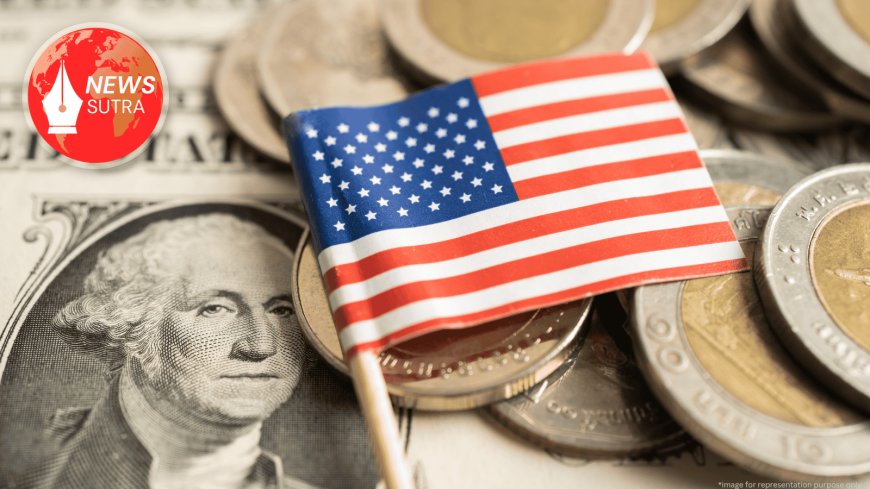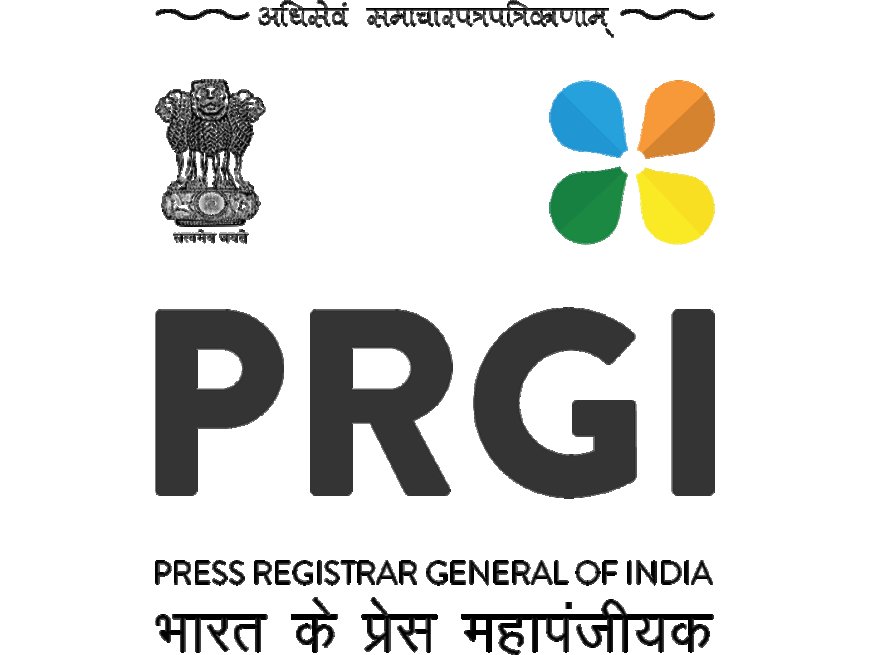Rise of the Parallel Economy: How Conservatives Are Rebuilding Financial, Tech, and Media Ecosystems
Discover how conservatives are building a parallel economy in the U.S. with new banks, media platforms, and apps in response to political division.

By Ronald Kapper
August 8, 2025
In recent years, a growing number of conservatives in the United States have begun laying the groundwork for what some are calling a “parallel economy”—a broad ecosystem of ideologically aligned businesses, ranging from banks and mobile apps to media outlets and payment processors. This shift is more than just a cultural reaction. It's an economic and political statement, built on the idea that conservatives can no longer rely on mainstream institutions to reflect their values or serve their needs.
With rising distrust in Silicon Valley, Wall Street, and major media networks, this alternate economy is now taking root—driven by entrepreneurs, investors, and everyday Americans who want to put their money where their beliefs are.
What Is the Parallel Economy?
The parallel economy refers to a network of businesses and platforms developed as alternatives to mainstream services—often seen by conservatives as hostile to their values. It includes alternative financial institutions, social media platforms, online retailers, news outlets, and service providers.
This emerging infrastructure is not entirely new. Parallel markets have existed throughout history during periods of political, economic, or ideological divide. However, what sets today’s movement apart is the speed at which it is expanding, largely fueled by advances in technology, the post-2020 ideological shift, and disillusionment with corporate America.
Why Now? The Cultural and Political Catalyst
The movement began to gain momentum after the 2020 elections and the events surrounding Big Tech’s decisions to ban prominent conservative voices. This sparked a larger discussion about censorship, control over narratives, and economic exclusion. Following this, several incidents—such as financial institutions cutting ties with conservative figures or platforms—only accelerated the push for alternatives.
Under President Donald Trump's second term, the administration has largely supported decentralizing economic power and promoting free market competition. Policies around regulatory reform and tech decentralization have provided a friendlier environment for these ventures to flourish.
Key Players in the Parallel Economy
1. Public Square
An alternative online marketplace, Public Square is positioned as a patriotic alternative to Amazon. Vendors on the platform are vetted based on pro-American values, and buyers are encouraged to support businesses that align with conservative ideals.
2. GloriFi (Banking Alternative)
GloriFi, co-founded by conservative entrepreneurs, aimed to create a banking system free from what they describe as “woke capitalism.” Though facing initial struggles, a new wave of funding has revived its ambitions to become a cornerstone of values-based finance.
3. Rumble and Truth Social
On the media front, platforms like Rumble and Truth Social have made significant inroads. Rumble offers a video platform similar to YouTube, with fewer content restrictions, while Truth Social—launched by Trump Media & Technology Group—serves as a Twitter-like space for conservative voices.
4. Parallel Economy Payment Systems
Dan Bongino, a key conservative media figure, helped launch “Parallel Economy,” a payment processor aimed at offering a censorship-free alternative to Stripe or PayPal. This platform gained traction after reports of conservative organizations having their accounts suspended by mainstream payment processors.
Jobs, Investment, and Local Growth
This isn't just about ideology—it’s about economic opportunity. Conservative venture capital firms have emerged to fund these ventures, offering investors a chance to support ideologically aligned projects while earning financial returns.
Local economies are also feeling the impact. In some Republican-leaning states, entire tech hubs and media production companies are sprouting up to support the infrastructure of the parallel economy. These ventures are creating new jobs, reinvigorating manufacturing, and introducing competition into stagnant sectors.
Challenges and Criticism
While the movement has momentum, it is not without criticism. Critics argue that the creation of an ideologically segregated economy could deepen national division. Others question the long-term viability of these businesses if they remain ideologically exclusive rather than product-driven.
Moreover, building a parallel economy requires scale, and that means overcoming the network effects that giants like Google, Amazon, and Facebook already enjoy. Several startups in this space have collapsed under the weight of development costs, legal challenges, or poor user adoption.
Still, the supporters of this movement argue that competition and choice are fundamental to American democracy—and that the parallel economy is the only viable path to protect ideological diversity in an increasingly monopolized digital world.
What Lies Ahead?
Experts predict the parallel economy will continue to grow—particularly as political polarization in the U.S. shows no signs of easing. More companies are expected to enter the space, while traditional businesses may face increasing pressure to remain ideologically neutral or risk losing a large portion of their customer base.
Expect further growth in:
-
Healthcare alternatives like direct primary care networks.
-
Education platforms outside public institutions.
-
Entertainment with ideologically neutral or conservative content.
With President Trump’s administration prioritizing national sovereignty and economic freedom, regulatory shifts may further embolden conservative entrepreneurs to scale their efforts and compete on a larger playing field.
Conclusion
The rise of the parallel economy is a reflection of the current American landscape—politically divided, digitally polarized, but also full of entrepreneurial spirit. As conservatives build their own financial systems, media platforms, and apps, they are sending a clear message: economic agency is just as vital as political power.
Whether this movement will become a permanent fixture or a temporary countercurrent remains to be seen. What’s certain is that it has already changed how millions of Americans interact with the marketplace—and has given rise to a new chapter in the story of American capitalism.









